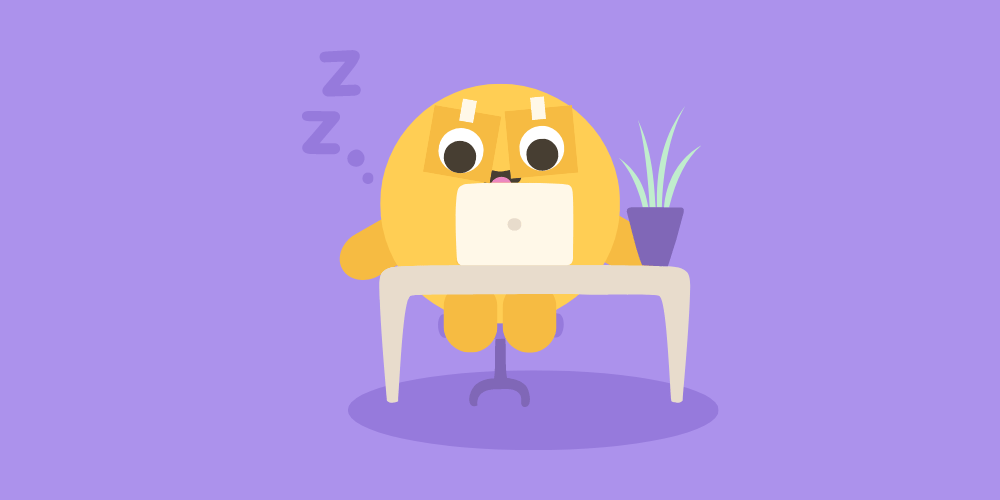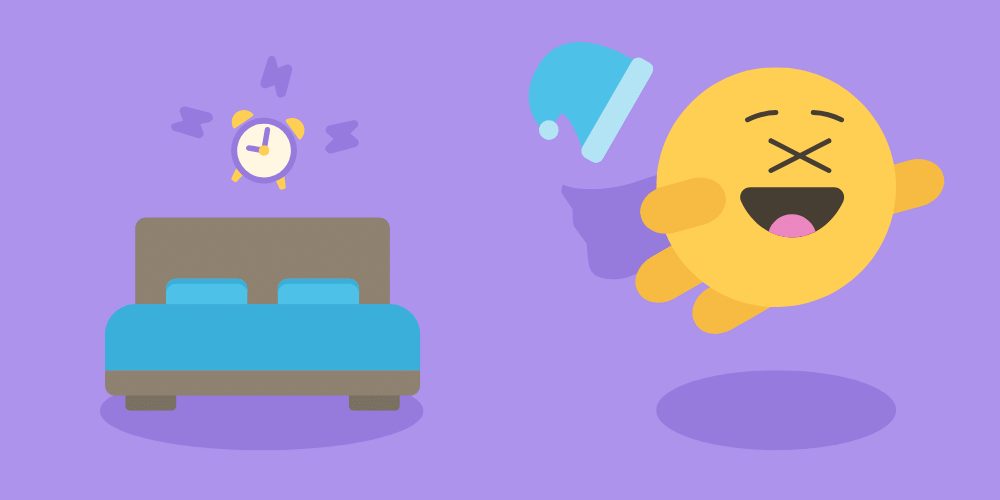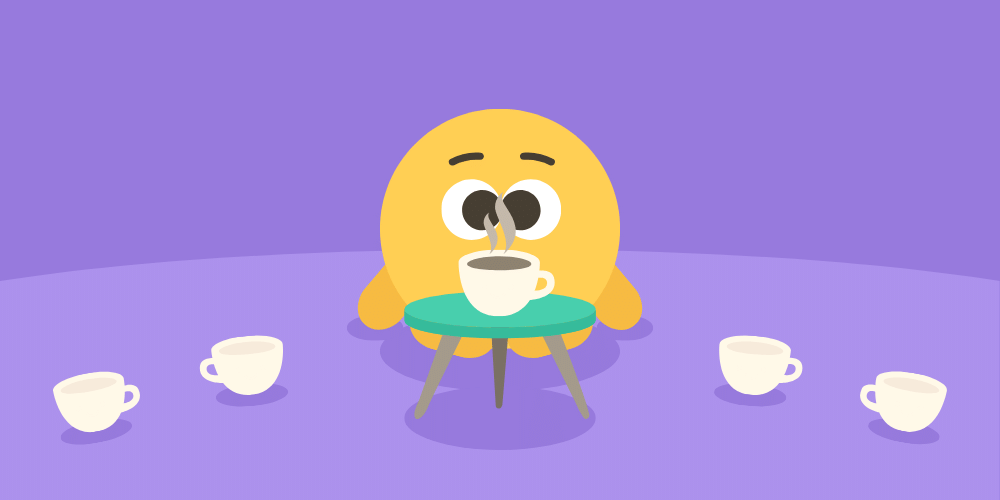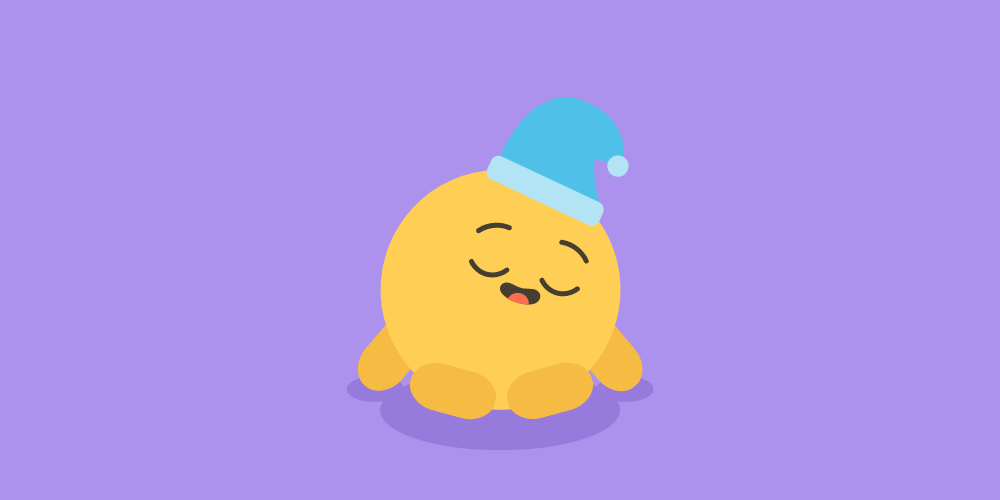
Getting enough sleep is becoming a luxury in our modern world, which rewards productivity. In the past 60 years, we have lost between one and two hours of sleep per night, and only 15% of people today feel they get enough sleep. The World Health Organization (WHO) has even declared "sleepless epidemics" throughout industrial nations.
Human beings are the only species that deliberately deprive themselves of sleep for no apparent gain.
— Matthew Walker

While Thomas Edison and his team were cherished for their perseverance, their invention of the first commercial light bulb completely changed our relationship with sleep. Reinforced by his words that sleep is a waste of time, society now had a role model and the means to stay up late. This attitude has persisted and become a sign of strength, especially among men. Sleeping less is associated with masculinity, ironically overlooking the fact that sleep deprivation leads to erectile dysfunction. Many problems of modern life are not caused by the often-blamed stress but by the lack of recovery.
Researching the oldest and healthiest delivers another insight into a long and healthy life. Besides regular physical activity and eating more whole foods while eating less, blue zone inhabitants follow natural light and get enough quality sleep.
Sleep is as fundamental to physical and mental well-being as exercise and nutrition.
If someone says they need only a few hours of sleep per night, they might be correct. Some rare individuals can thrive with a minimal amount of sleep, but they have been found to have a genetic mutation. We are probably not one of them.
Benefits
According to scientists, no major organ in the body or process in the brain does not benefit when we get enough sleep and does not get detrimentally impaired when we do not. We can choose our reason for going to bed earlier today:
- Strengthening immunity
- Maintaining a healthy weight
- Increasing energy levels
- Improving physical appearance
- Slowing down aging
- Enhancing sex drive
- Improving cognitive performance
- Improving reaction times
- Improving memory function
- Reinforcing learned information
- Reorganizing memories
- Reducing unhealthy stress
- Improving overall mood
- Improving physical performance
- Strengthening muscles and bones

Action steps
Hopefully, the long list of benefits has encouraged you to get more quality sleep. The action steps could be more exciting, but they would prevent us from falling asleep:
- Gradually help the mind and body relax. Begin by putting screens aside. Read a book, listen to relaxing music, take a bath, do yoga, or meditate. Meditation is beneficial for unwinding your body and mind. What sounds like a status quo can significantly improve your sleep.
- Aim for a nonnegotiable eight hours of sleep. Sixty years ago, we slept one or two hours more per night; since then, we have not evolved to "sleep faster." The WHO and other organizations, such as the National Sleep Foundation in the US, also recommend this amount.
- Get up at the same time every day. A fixed wake-up time encourages a regular rhythm of wakefulness and sleep, increasing sleep quality and reducing daytime fatigue. Instead of hitting snooze, get up even if you went to bed late.
Practical tips
Seemingly unrelated factors in your lifestyle and environment help you fall asleep more quickly and sleep better:
- Avoid bright lights before going to bed. Melatonin, the chemical responsible for making you sleepy, is only released substantially in darkness. Hopefully, you have made your bed a technology-free zone, as the Digital Detox lesson suggested a few weeks ago. Blue light from screens fools your body into believing it is daytime and prevents you from falling asleep. While modern screens can be configured to filter out the blue light, they may not help calm your mind.
- Make your bedroom as quiet as possible. If you cannot avoid background noise, use soothing recordings such as those of ocean waves or rainforests to create a calming environment. Evidence shows that white noise helps you fall asleep more quickly and sleep better.
- Take a power nap if you feel tired. Taking a nap during the day helps you pay the sleep debt that would otherwise accumulate over time. Research shows that a short nap of about 20 minutes can improve your cognitive performance. Napping for more than 30 minutes, though, can make you feel groggy.
- Ditch or reduce caffeine and alcohol. Caffeine does not give you energy; it masks your underlying fatigue. Increasing your daily caffeine intake helps you feel normal—the normal you once felt before you started drinking caffeine. Moderation is key. A cup of coffee will not hurt if you drink it early enough to uncover the natural drowsiness in the evening. Alcohol is a mild poison for the body that interferes with memory processing at night, so extra caution should be taken.
Caffeine and alcohol represent two of the longest and largest unsupervised drug studies ever conducted on humankind.

Different types of recovery
Sleep is not the only type of recovery. Besides sleep, which is a mid-recovery, there are micro- and macro-recoveries. Micro-recoveries are short breaks during the day, such as a five-minute break to relax your mind after 25 minutes of focus. This technique is called the Pomodoro Technique, and desktop and mobile apps can help you follow the timer. This app can even block other undesired apps or websites while you are in a flow or block the screen when your focus time is up. Macro-recovery is simply taking a prolonged break from work, such as going on vacation.
I can do a year’s work in nine months, not in twelve.
— JP Morgan
Now or never
For the next two weeks, donate one more hour to your sleep and notice how you feel. Create a daily reminder.


